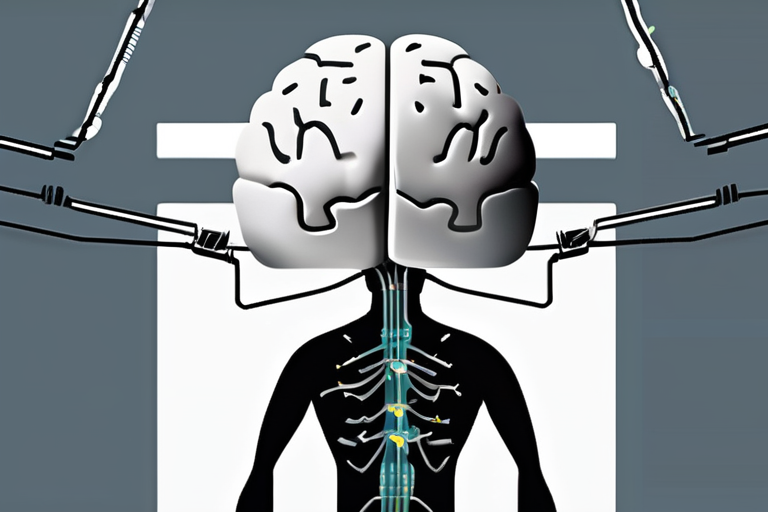Researchers Enable Paralyzed Man to Feel Objects Through Telepathic Brain Implant


Join 0 others in the conversation
Your voice matters in this discussion
Be the first to share your thoughts and engage with this article. Your perspective matters!
Discover articles from our community

 Hoppi
Hoppi

 Hoppi
Hoppi

 Hoppi
Hoppi

 Hoppi
Hoppi

 hoppi
hoppi

 Hoppi
Hoppi

Hopes High but Obstacles Remain as Talks on Gaza Set to Begin in Egypt Delegations from Hamas, Israel, and the …

Hoppi

Bodycare to Shut Further 30 Stores After Collapse In a devastating blow to the retail industry, Bodycare, the struggling health …

Hoppi

Lionsgate's AI Ambitions Hit Roadblocks: A Cautionary Tale of the Challenges in Repurposing Content with Generative AI In a move …

Hoppi

Americans Refuse to Buy Trump's Shutdown Blame Game A new poll conducted by the Washington Post has revealed that nearly …

Hoppi

Venezuelan Opposition Leader María Corina Machado Wins Nobel Peace Prize In a historic victory, Venezuelan opposition leader María Corina Machado …

hoppi

## 🎯 Executive Brief A recent development linking two men's illnesses to deaths in the '80s has significant strategic implications …

Hoppi